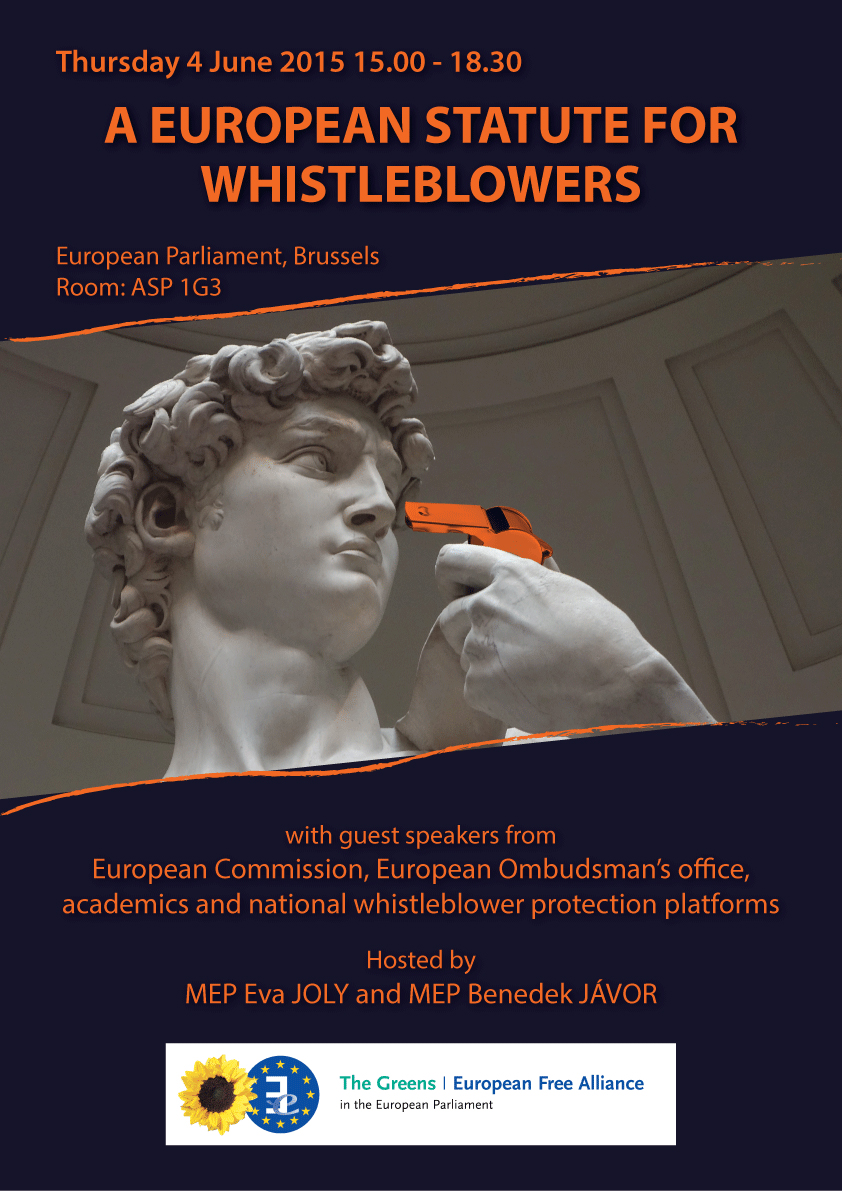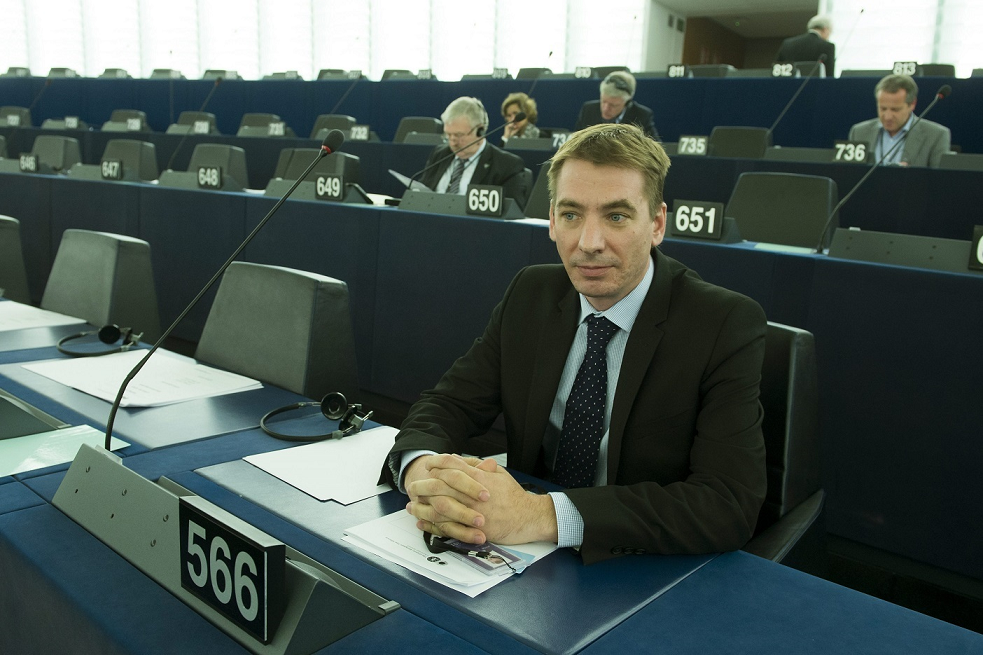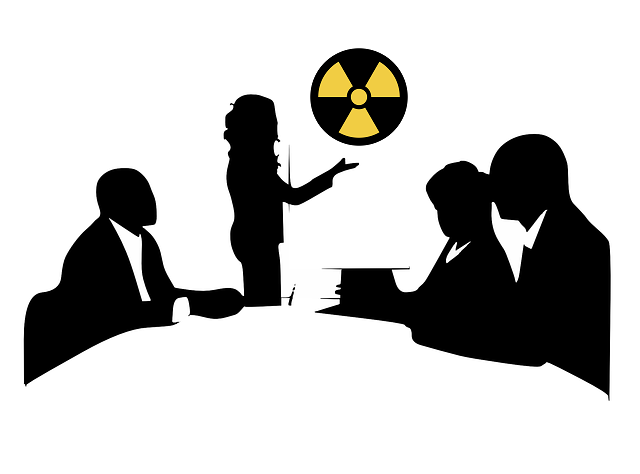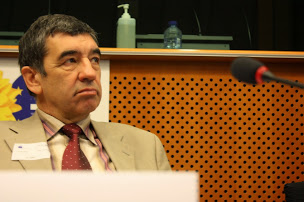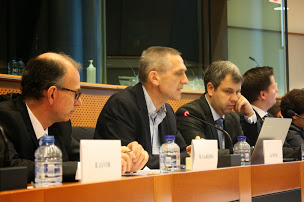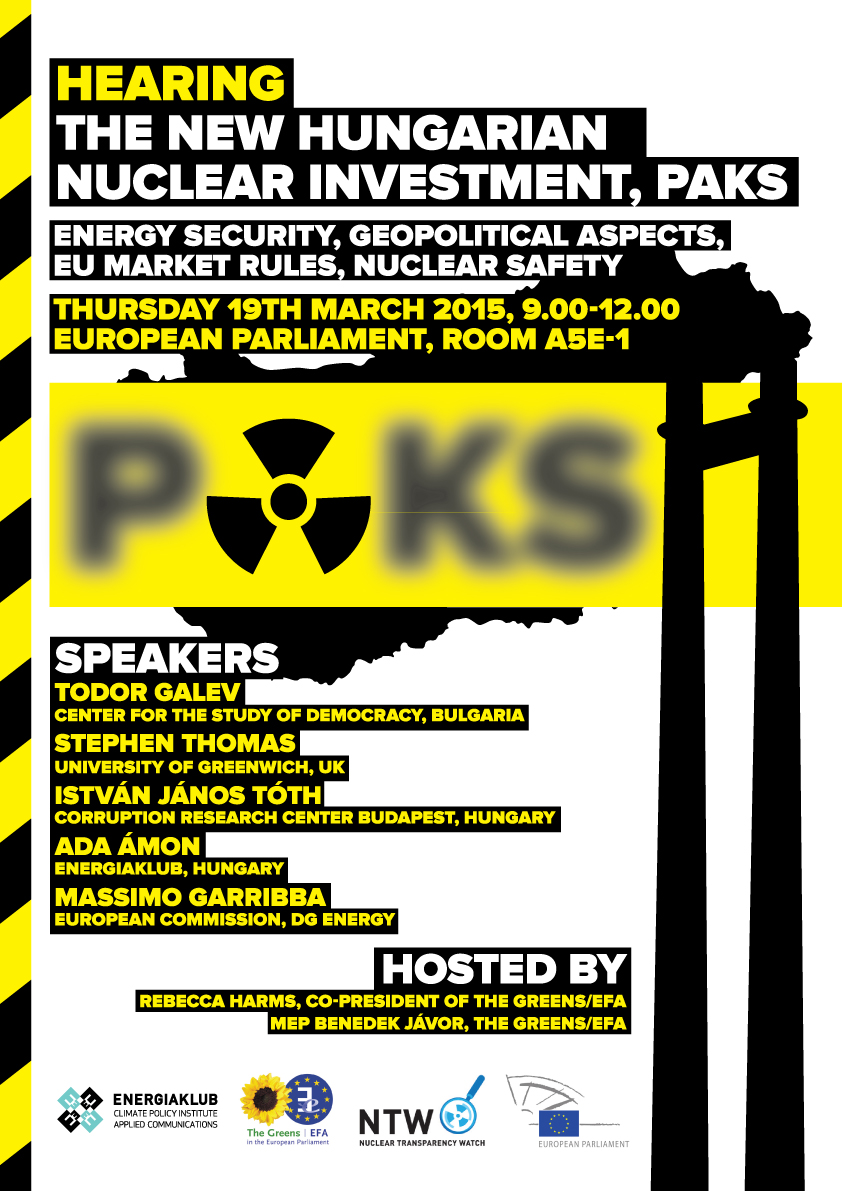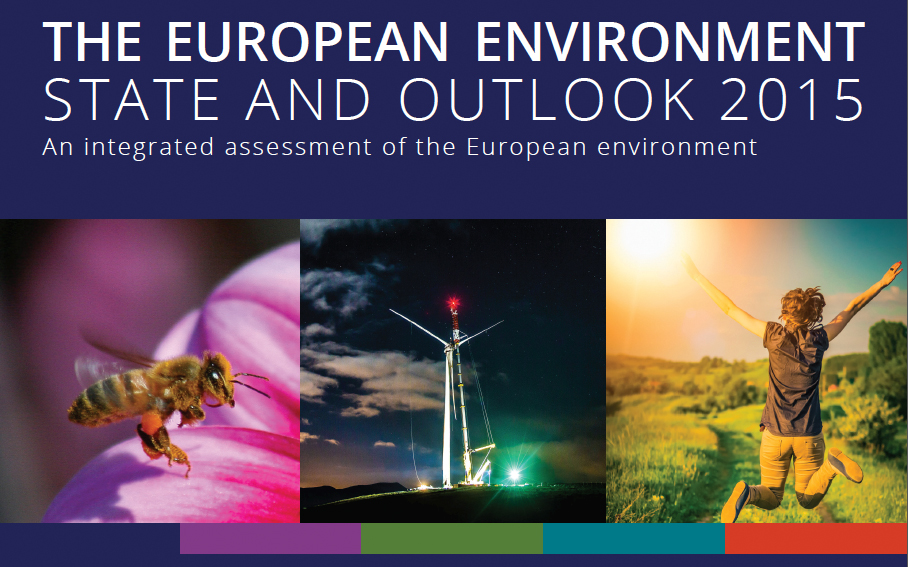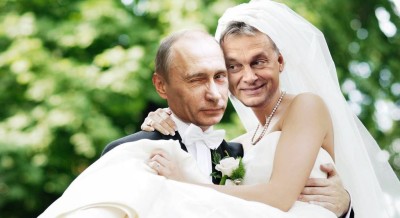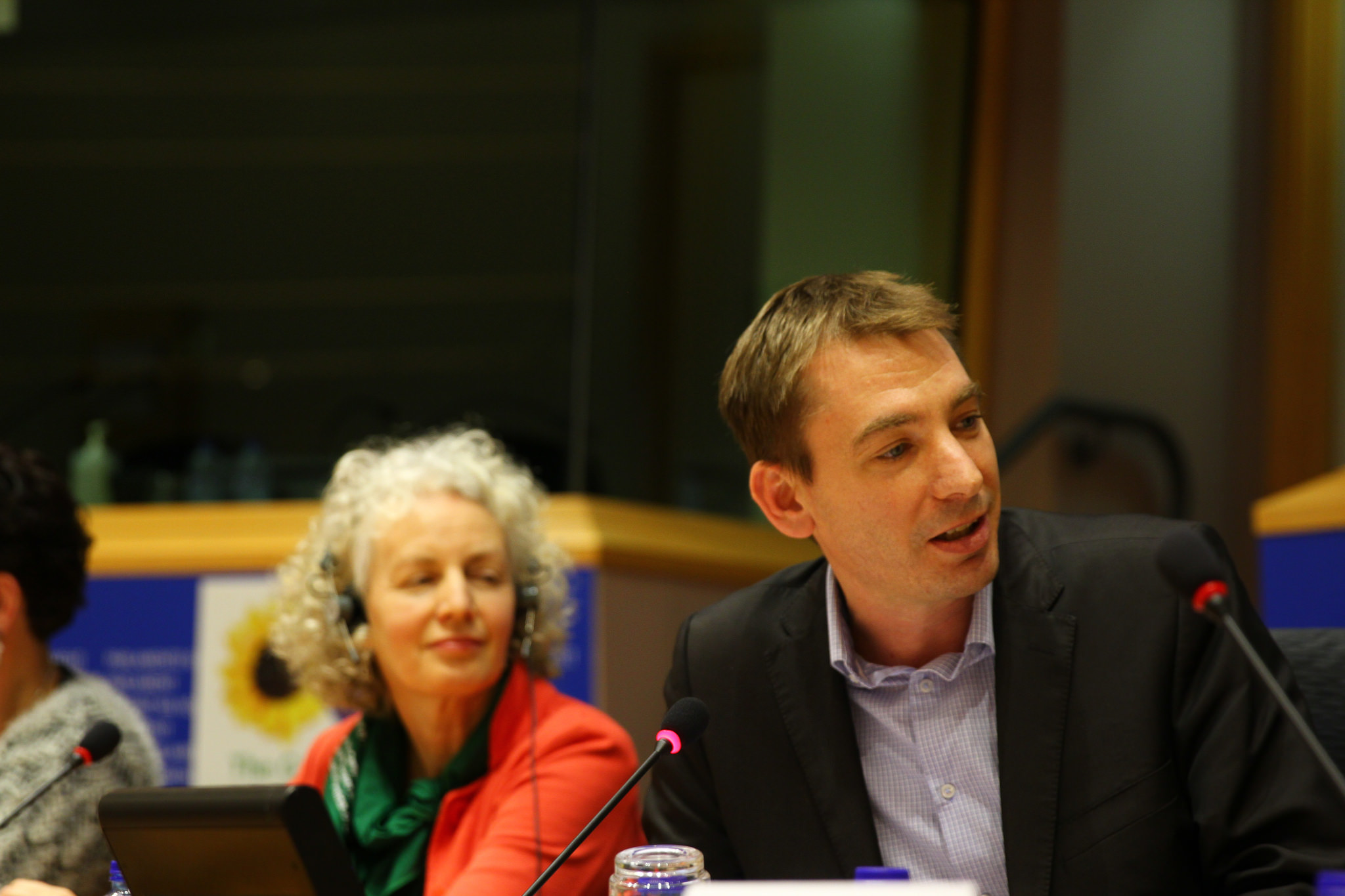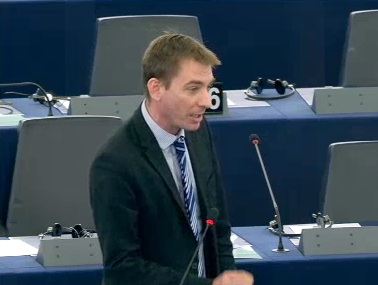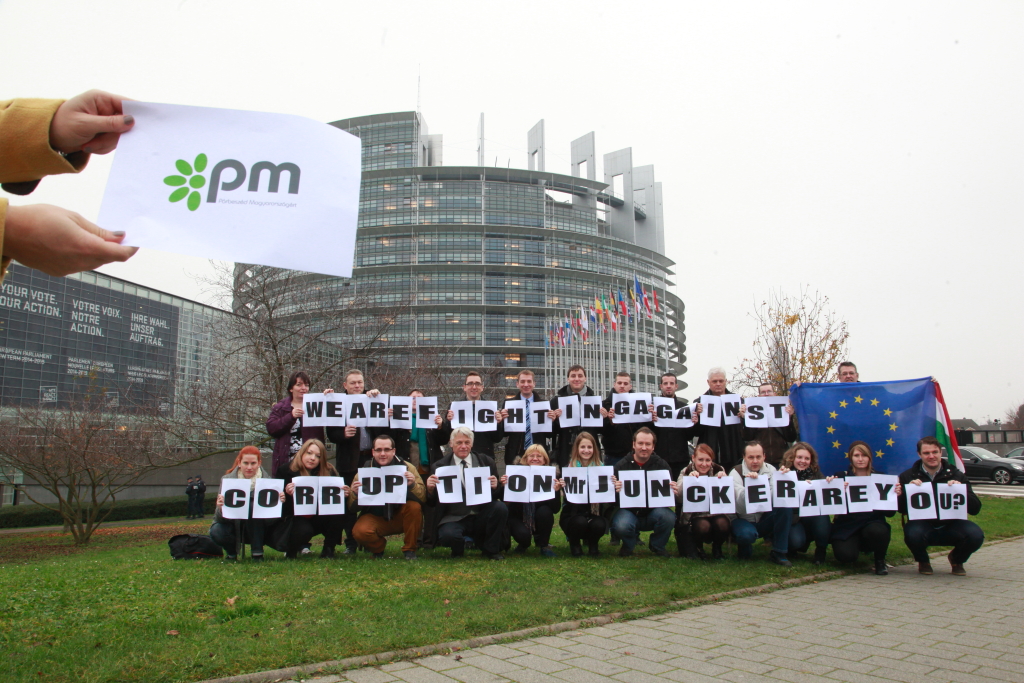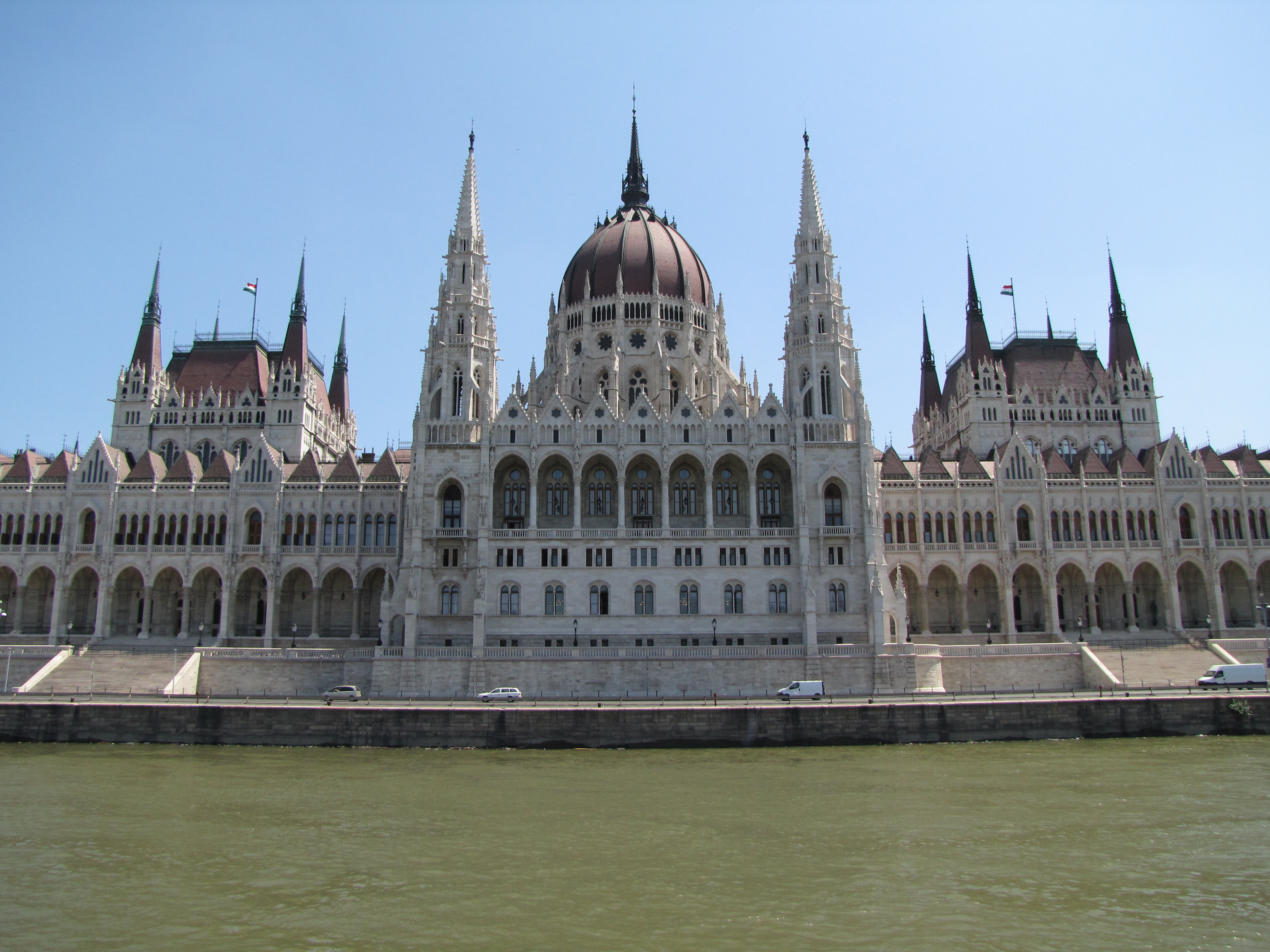Ladies and Gentlemen,
Democracy in our time faces serious challenges. I won’t attempt to take stock of them now, but one of the challenges to mention would surely be the credibility of the democratic ideal. While authoritarian ideologies are on the rise even on the European periphery, the question whether democracy can live up to the ideals that make it preferable to other forms of government is urgent.
Corporate influence on governance and corruption are at the top of the list of phenomena that undermine the credibility of democracy. I come from a country in which, after the fall of the Communist regime when we tried to make a new start with democracy, we ran into problems that soon led to disillusion and disenchantment. Besides the inability of democratic governments to deal with the social crisis that emerged from the transformational crisis of the economy, corruption was the factor that contributed most to the deterioration of social trust, the decay of trust in fairness, in the accountability of power, in the rule of law, and ultimately in democracy itself. Now my country is taking an authoritarian turn. It should be taken as a warning signal. Democracy is not bulletproof. Its institutions cannot themselves sustain their own legitimacy. Democracy is also a stance on the norms of social cooperation, and it is only if this stance is shared by the large majority that democracy is in the safe. So corruption is not just a criminal matter. It is a failure of social cooperation that is potentially destructive of the democratic ideal.
It is partly because in most cases corruption is the business of the people of power. This is obvious in the case of political corruption, but it equally applies to other cases, too. Even at a normal workplace, if a corrupt transaction is to take place, it requires at least one player who is entrusted with responsibility and discretional power to make decisions. Corruption is an abuse of this power and trust. If corruption is relatively scarce, then it is an irregularity, a disturbance in the normal flow of social cooperation. If corruption is widespread, then it is a general experience about how the people in charge exercise their power.
There is an important consequence of this fact. If corruption is the business of the people of power, then those who stand up against it by exposing particular cases to law-enforcement or to the public are in danger. Even in countries in which corruption is perceived to be the rule rather than the exception, particular corrupt deals are usually made in secrecy. The latency of corruption is the bottleneck that prevents authorities to stand up against it, or in some case, it is the excuse for them to turn a blind eye. Secrecy is maintained in part by the ability of powerful people to crush the lives of those who would want to expose their wrongdoings. The extent to which a society comes to the aid and protection of the people who come forward and blow the whistle nevertheless, is a measure of a society’s democratic stance on social cooperation.
We are not doing particularly good in this respect. Legal provisions for whistleblower-protection are scarce in most EU countries. Very few member states have a comprehensive legislation providing for safe and accessible procedures for whistleblowers, and effective guaranties that would protect them against the retaliation and vengeance of those who they have crossed. About half of the member states have partial legislation on the subject providing legal protection to employees who come forward to report wrongdoings they witness at their workplace. In some EU countries the legal protection of whistleblowers is next to none.
If it is true that whistleblower protection is an issue that is central to the quality and credibility of democracy, then it is a proper subject for agreements and conventions that set international standards on such matters. The United Nations Convention against Corruption of 2003 is the first legal instrument that is global, adopts a fairly comprehensive approach to corruption, and is binding to its parties at least in some of its provisions. Regrettably, the protection of whistleblowers is not among the Convention’s binding provisions. Similar is the situation at the European level. There are EU policies, including binding legislation, on several aspects of corruption, but not on whistleblower protection. In October 2013, the last Parliament clearly expressed its wish to change this. In its resolution about the final report of the CRIM Committee it called on the Commission to draft a directive on the subject. The last Commission, however, declined. In this year’s Report on the protection of the EU’s financial interest, the Parliament restated its call for EU legislation on whistleblower protection. This is part of the reason we are here.
In most cases whistleblowers speak out because they feel moral obligated to protect the public interest. They do so at great personal cost. They risk their jobs, careers, often the peace and normality of their personal lives, and sometimes their safety and possibly even their lives. By blowing the whistle they usually unleash an enemy that is powerful and has every resources to use the law against them. It should be clear that the law and the society stands by their side.
If there is a progress is achieved in this matter, it is usually because of the activism and endurance of NGOs that are pushing for it. I am honoured to welcome the representatives of some of these NGOs here today. Our goal is to create a platform that influences European law-making. I pass the floor to you in the hope that it will work.

